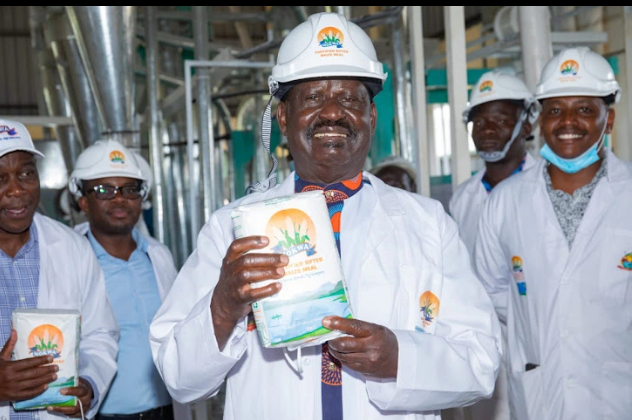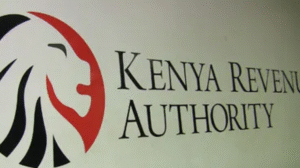The ongoing legal battles surrounding the troubled Kigoto Maize Milling plant have taken a new turn after Magistrate C. A. S. Mutai certified a petition filed by Ndiri Feeds as urgent.
Represented by Mr. Maosa Advocates, Ndiri Feeds sought to stop the leasing, managing, and operating of the plant following allegations of non-payment and operational issues.In the ruling,
Magistrate Mutai ordered a stay on the proposed tender to lease the plant, initially scheduled to close on October 30, 2024.
This stay will remain in effect until the application is heard and determined.
Magistrate Mutai also scheduled an inter-partes hearing for November 7, 2024, where the parties involved will have an opportunity to present their arguments.
The Kigoto Maize Milling plant, intended to be a crucial economic initiative, has been plagued by a series of challenges that have hampered its operations.
These issues began to surface when the Kenya Bureau of Standards (Kebs) ordered its temporary closure last year after the plant failed to meet quality standards.
A report from Kebs, dated September 13, 2023, indicated that the flour produced by the mill did not meet the required quality standards. The report emphasized significant non-compliance issues that impacted product performance, as well as the health and safety of consumers.
In response, Kebs directed the county government to immediately recall the non-compliant flour batches from the market.
The letter, signed by Bernard Sindani, Regional Manager for Kebs Lake Region, urged the mill to take swift corrective action to address the quality concerns.
However, these issues with compliance were only the beginning of the plant’s troubles.Further complications arose when a contractor, Ndiri Feeds, accused the county government of failing to fulfill a payment obligation of KSh 6 million.
The contractor claimed that despite completing their work, the county government had not met its part of the agreement, turning the issue into a political conflict rather than addressing the financial dispute.
The delayed payments to Ndiri Feeds have added strain to an already struggling operation.
The Kigoto plant has also faced challenges in paying local farmers who supplied maize, exacerbating financial problems.
These unpaid farmers have expressed frustration, as they expected the mill to be a reliable outlet for their produce.
The failure to secure these payments has caused many in the community to question the viability and management of the plant.
Initially, the project received major attention and optimism during its launch, with former Prime Minister Raila Odinga endorsing the initiative and commending Homa Bay County Governor Gladys Wanga.
Odinga praised Wanga for her leadership in driving economic growth in the region, especially by supporting local agricultural production.
During the launch, it was hoped that the Kigoto Maize Milling plant would help improve the economy of Homa Bay County by providing a steady supply of flour, branded Mokwa, to local and national markets.
However, the product has failed to reach supermarket shelves as anticipated, falling short of its intended impact.
These operational and financial challenges, alongside the pending legal issues, have cast a shadow over the plant’s future.
The county government is now under increasing pressure to resolve the quality, financial, and managerial issues surrounding the project to restore public confidence.
Stakeholders await the court’s decision on whether the plant’s operations will be halted further, and what this might mean for the milling project and the affected suppliers and contractors.
The Kigoto Maize Milling plant’s journey underscores the complexities of implementing county-driven economic projects, particularly in ensuring consistent standards, financial accountability, and the avoidance of politicized conflicts that can stall critical development initiatives.





















Add Comment